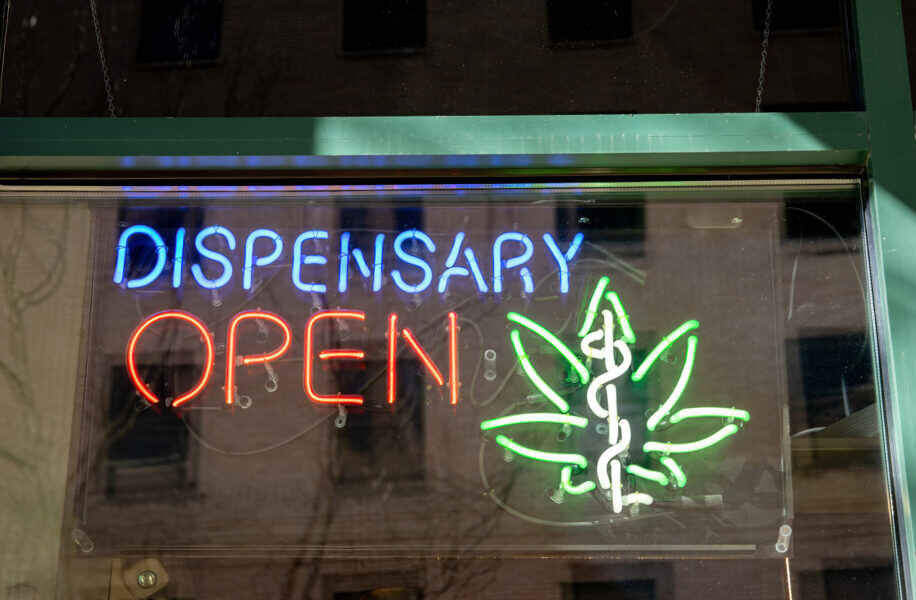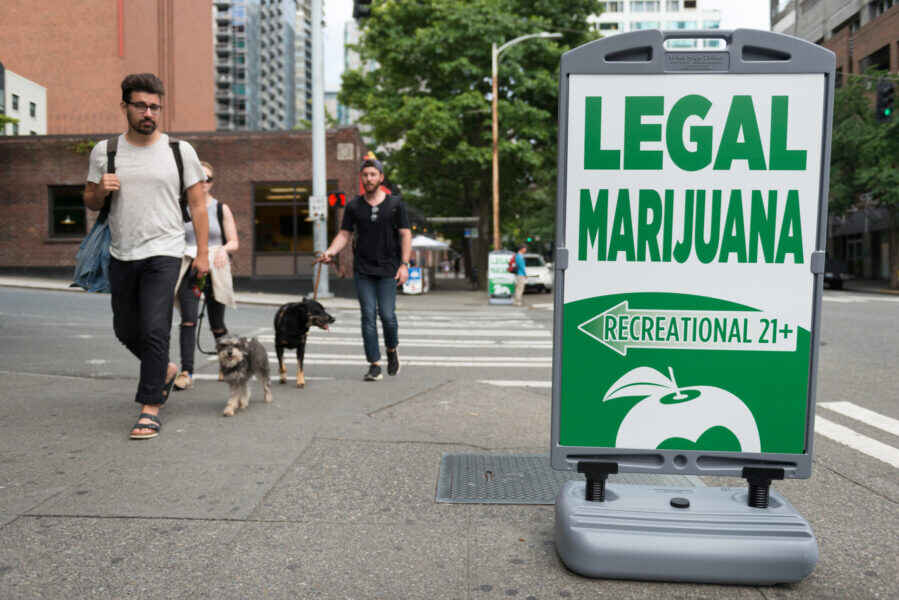
Potential Changes in Federal Cannabis Policy and the Anticipated Public Health Impacts
WebinarsCannabis Legalization and RegulationJoin the Network for Public Health Law and the Legal Resource Center for Public Health Policy for a discussion focused on two significant areas of federal cannabis policy with critical public health implications: the rescheduling of cannabis and the regulation of intoxicating hemp-derived products.











